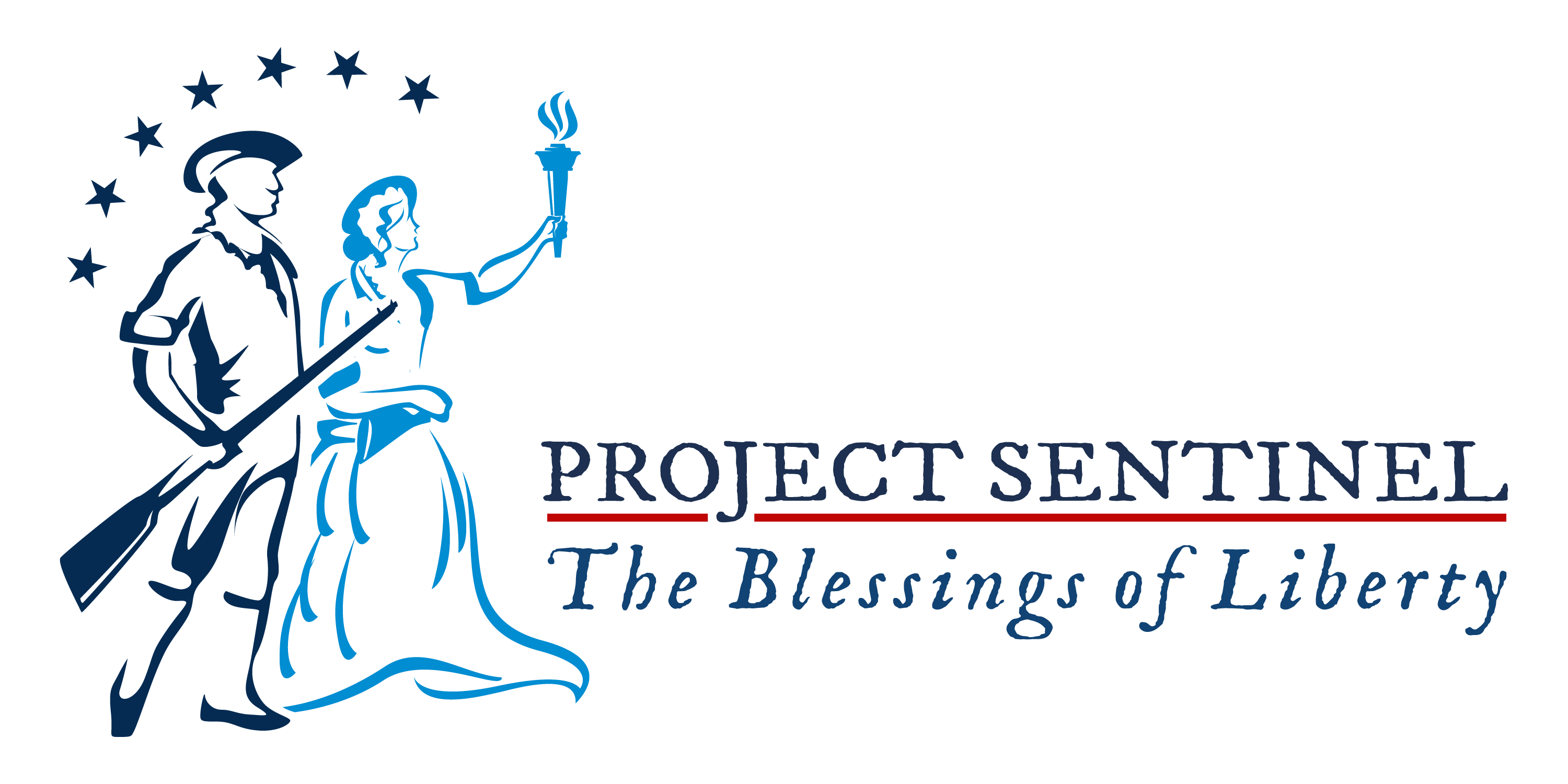The word “equality” is woven into the fabric of the nation. Despite the clause in the Declaration of Independence and Lincoln’s continual efforts to preserve it, most people assume we are born with different endowments, have different temperaments, behave in different ways and, most assuredly, are unequal. In fact, the more we as a nation emphasize individuality, the more likely inequality will result.
Nonetheless, we are all endowed by our creator with inalienable rights and we are equal in the eyes of the law. But lately equality has been submerged in an aquatic swamp overwhelmed by politics and ideology.
For the proponents of same sex marriage for example, equality rears its head as Fifth and Fourteen Amendment rights based on the supposition homosexuals should not be treated differently from heterosexuals. In this case equality before the law is the essence of the defense.
By the same token and very often by the same proponents, affirmative action in university admissions is an exercise in inequality since the target population of blacks, Hispanics and others are designated as “special” and treated differently from their white counterparts. In this case, the Fourteenth Amendment is trumped by a university claim “diversity,” an essential goal of the Academy, can only be achieved by the establishment of various and different admission standards.
Presumably what is good for the goose may not be good for the gander. One could argue, as Justice Kennedy did, that the principle of equal protection admits to no argument for a “two class theory” in which there is recognition of special wards entitled to “a degree of protection greater than that accorded others.”
In a recent 7 to 1 decision the Court avoided a direct answer about the constitutionality of affirmative action, but ordered an appeals court to consider the case under demanding standards for its justification. When an appeals court reviews the matter, the issue of equality before the law will be tested yet again.
Ultimately, determining the benefit of “diversity” is a dicey business since minority representation on campus doesn’t automatically manifest itself as integration. In other words, a university may not use any means it desires to achieve the stated goal of diversity. It will increasingly be a goal limited by “strict scrutiny” from the courts. Will the recent Texas Case Court decision lead inevitably to the elimination of race based preferences? That isn’t clear, albeit that direction seems compelling.
What the seemingly compromise decision in the Texas Case foreshadows is a position somewhere between retention and elimination, a position that partially explains why “equality” is in the cauldron of political judgment. We want it when it suits our cause and dismiss it when it doesn’t.
The Equal Protection Clause was once sacrosanct, but an attempt to redress the wrongs of the past and engineer the conditions of the future have created an impasse. America is in an odd place. Equality doesn’t always mean equal protection and freedom doesn’t always mean “free from” government intrusion. History has a strange way of changing perspectives.
That there are fundamental beliefs is less true today than it once was. And for that we pay a price in legal acrobatics and language obfuscation. Reading a Supreme Court decision is comparable to plying through a document in a foreign tongue. The justices are caught in a vise between a “living and continually adjusted Constitution” and “an originalist document” that stands as a bulwark of our civilization. As I see it, the court is split and so are the American people.

